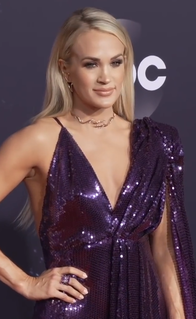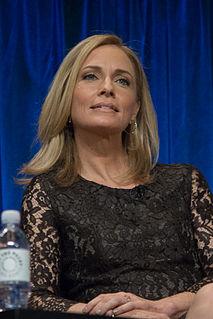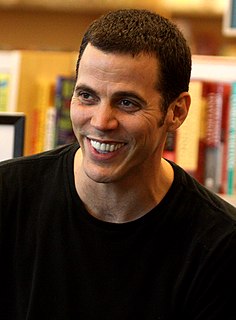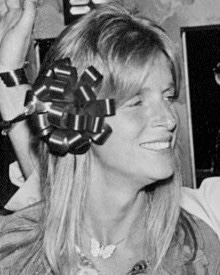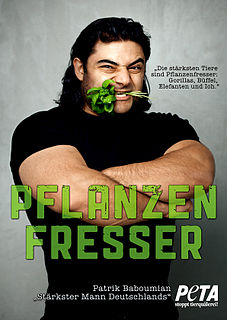A Quote by Carrie Underwood
I stopped eating beef at 13 and stopped eating all meat a few years ago. I would feel guilty that what was on my plate was walking around yesterday. Either I could live with that or stop eating meat. I choose the latter, and I'm happier for it.
Related Quotes
To avoid causing terror to living beings, let the disciple refrain from eating meat... the food of the wise is that which is consumed by the sadhus [holymen]; it does not consist of meat... There may be some foolish people in the future who will say that I permitted meat-eating and that I partook of meat myself, but... meat-eating I have not permitted to anyone, I do not permit, I will not permit meat-eating in any form, in any manner and in any place; it is unconditionally prohibited for all.
In fact, we would know ourselves that we are not meant to be meat eaters, and we would not have allowed ourselves to become conditioned to meat eating in the first place, if the effects of meat eating were felt right away. But since heart disease, cancer, diabetes, osteoporosis, etc. usually take many years to develop, we are able to separate them from their cause (or contributing factors) and go on happily eating an animal-based diet.
We stopped eating meat many years ago. During the course of a Sunday lunch we happened to look out of the kitchen window at our young lambs playing happily in the fields. Glancing down at our plates, we suddenly realized that we were eating the leg of an animal who had until recently been playing in a field herself. We looked at each other and said, "Wait a minute, we love these sheep-they're such gentle creatures. So why are we eating them?" It was the last time we ever did.
While self-interest arising from the enjoyment of meat eating is obviously one reason for its entrenchment, and inertia another, a process of language usage engulfs discussions about meat by constructing the discourse in such a way that these issues need never be addressed. Language distances us from the reality of meat eating, thus reinforcing the symbolic meaning of meat eating, a symbolic meaning that is intrinsically patriarchal and male-oriented. Meat becomes a symbol for what is not seen but is always there--patriarchal control of animals and of language.
If you like eating meat but want to eat ethically, this is the book for you. From the hard-headed, clear-eyed, and sympathetic perspective of butchers who care deeply about the animals whose parts they sell, the customers who buy their meats, and the pleasures of eating, this book has much to teach. It’s an instant classic, making it clear why meat is part of the food revolution. I see it as the new Bible of meat aficionados and worth reading by all food lovers, meat-eating and not.
The symbolism of meat-eating is never neutral. To himself, the meat-eater seems to be eating life. To the vegetarian, he seems to be eating death. There is a kind of gestalt-shift between the two positions which makes it hard to change, and hard to raise questions on the matter at all without becoming embattled.
